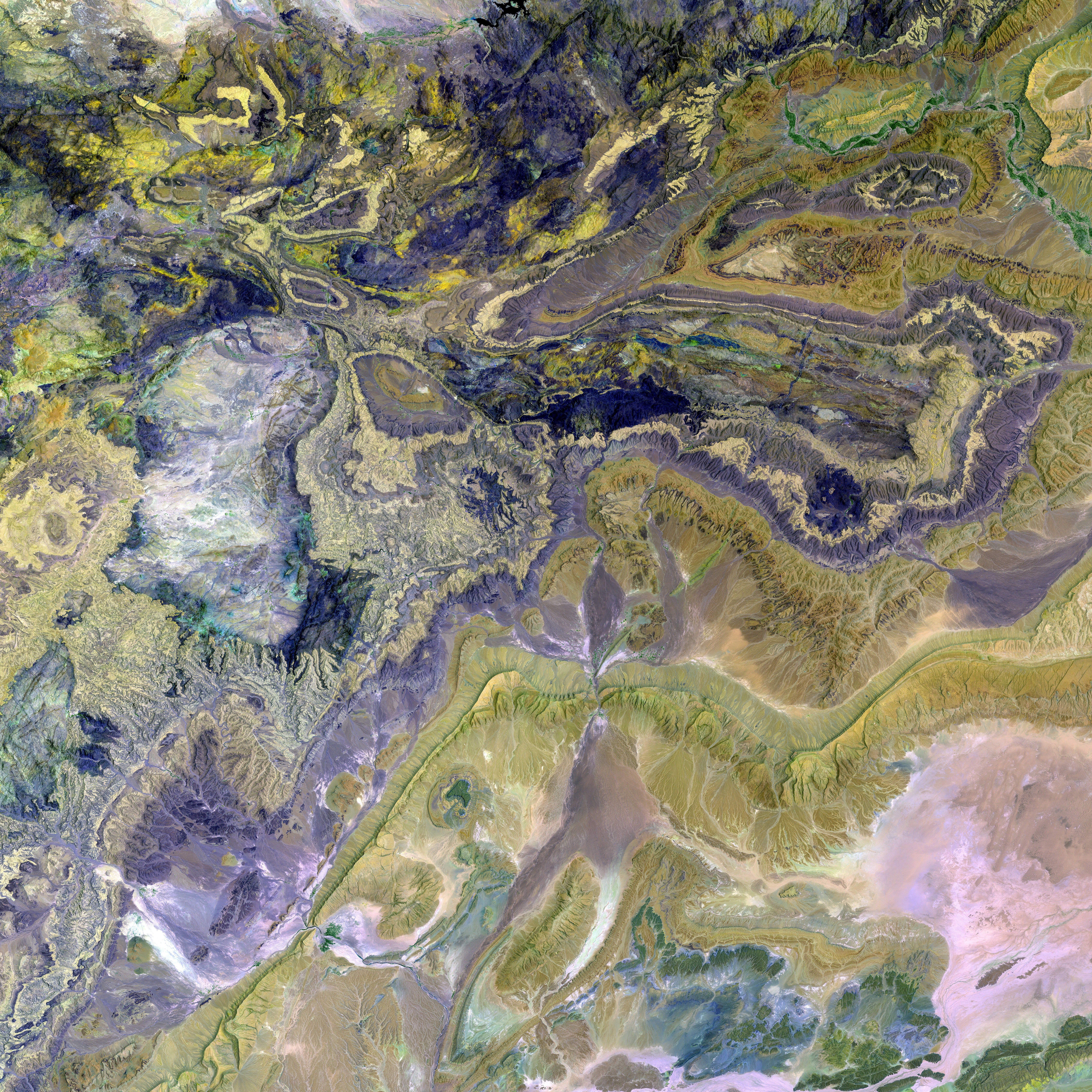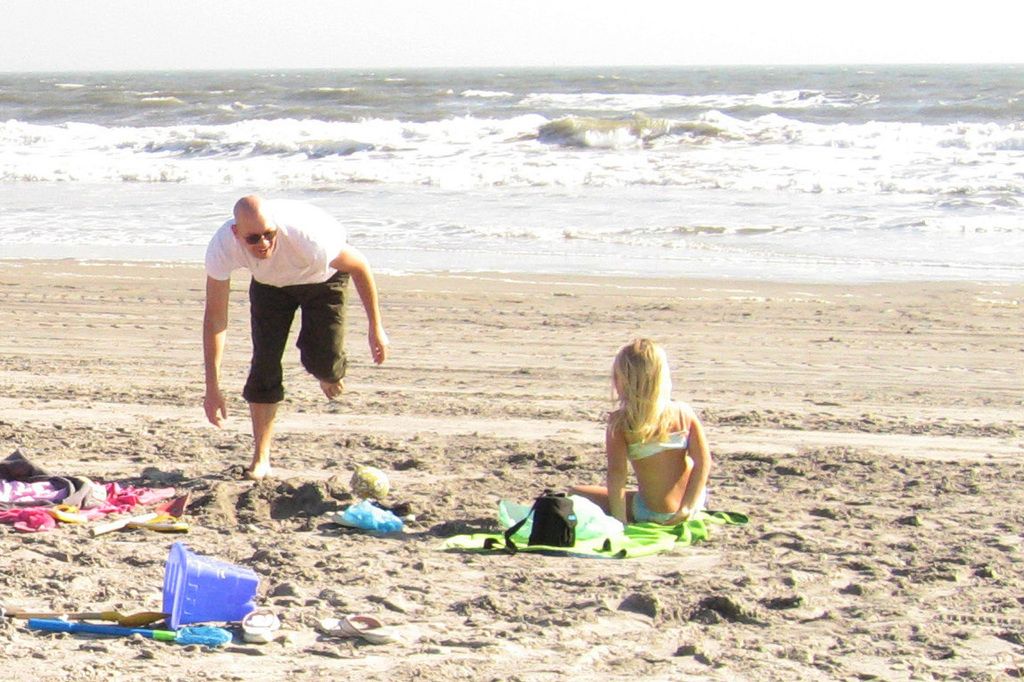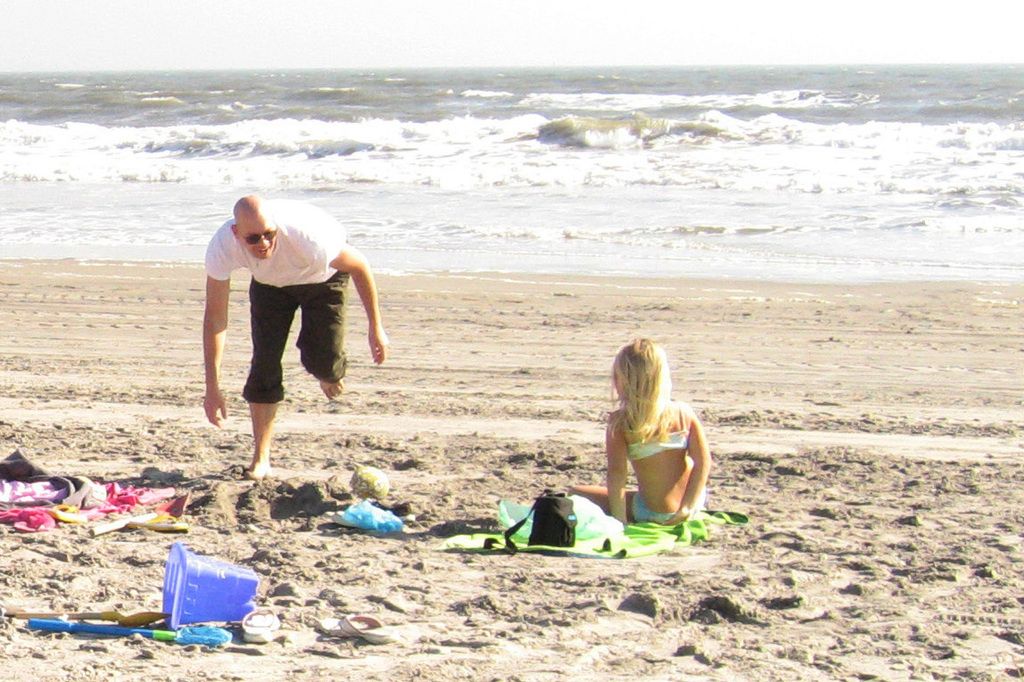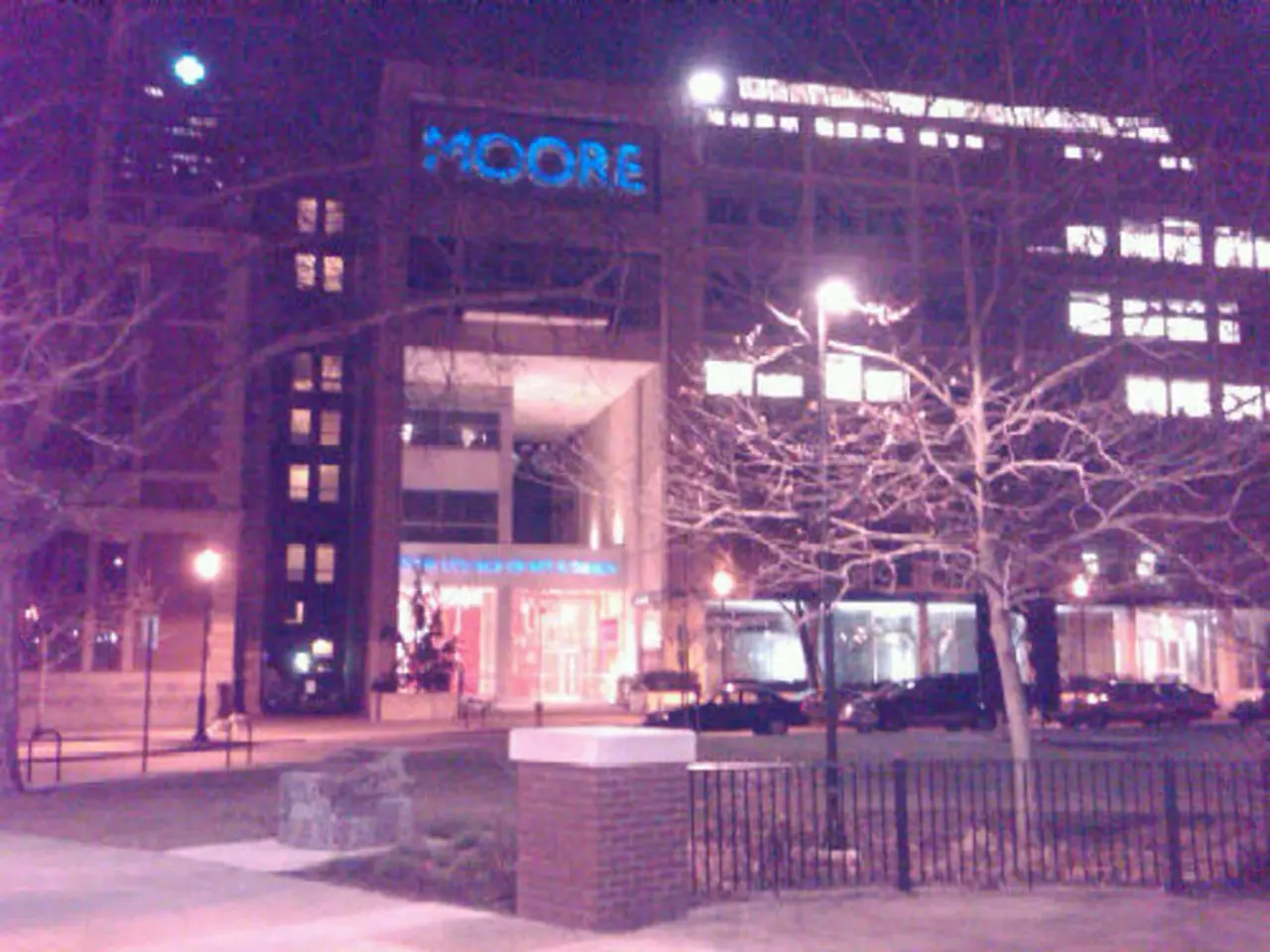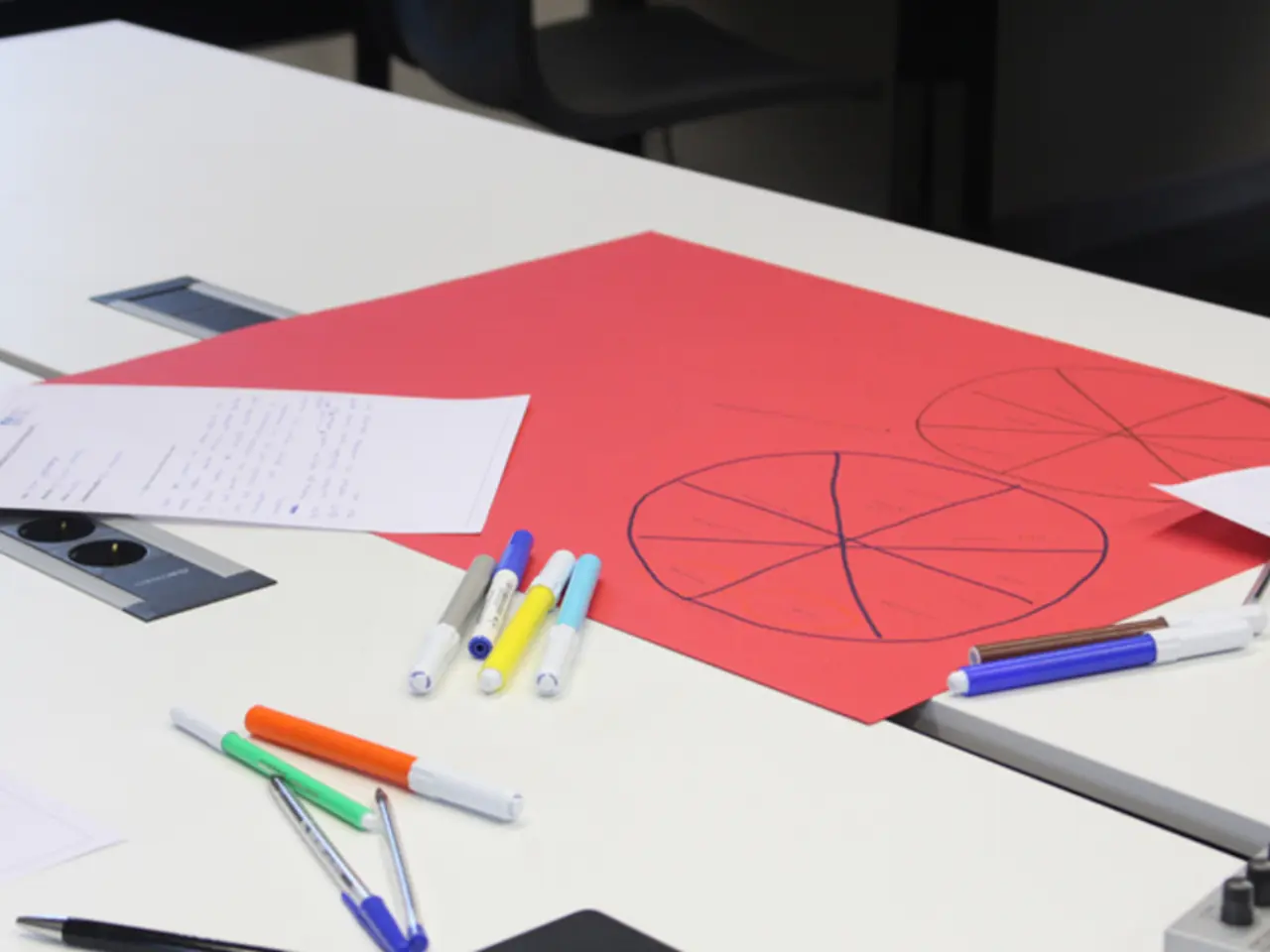Uncertain Eternity Ticket: A Purchase Leading to the Unknown
Here Lies the Future: The Cold, Chrome Sanctuary of Cryonics
In the heart of Scottsdale, Arizona, a chilling, sci-fi scene unfolds. Rows of gleaming sarcophagi, adorned with dials, tubes, and electrical wires, house the cryogenically preserved remains of 240 individuals. These chrome coffins lay before us, a testament to the octogenarian Montreal billionaire, Robert Miller, hungering for immortality. Despite facing numerous sexual misconduct allegations, Miller clings to the dream of becoming cryogenically frozen, only to be resurrected in a future where, he hopes, his accusers will be long gone.
The vault before us is the brainchild of the Alcor Foundation, a non-profit organization that has presided over this peculiar afterlife for 53 years. In these labs, employees work tirelessly on groundbreaking devices, analyzing brain scans, and delving into layers of complex equations.
"We have approximately 1500 members and a waiting list of around 200 eager candidates," says James Arrowood, CEO of the organization. If science is anything to go by, there's no solid evidence to suggest that these people will ever rise again. So, what's the catch?
"It's nothing more than a very cold coffin," asserts Michael Hendricks, an associate professor in the Biology Department at McGill University. "They're peddling snake oil, offering no tested results."
But Miller remains steadfast in his faith. Due to his advanced Parkinson's disease and the concern that a trial could prove fatal, his lawyers will appear before a judge this week to request a halt to the judicial process. If he manages to escape prison, he also aims to evade death through cryonics.
arrowdown
The chambers inside the Alcor vault are like large thermoses filled with liquid nitrogen, maintaining the remains at a frigid -196°C. Each chamber is activated, causing a thick fog to form at the top as nitrogen vapors are released. Despite its serene exterior, the room roars as it expels the accumulated waste—a remnant of the continuous battle against the cold.
The majority of clients choose to cryogenically freeze only their heads, gambling on the notion that they can be attached to another body in the distant future. Others, however, opt for whole-body freezing, at a heftier price. Before being submerged in the vat, the clients are embalmed with a costly liquid designed to promote cell preservation at sub-zero temperatures, preventing ice crystal formation.
What's the cost for this chance at eternal life? An annual subscription runs the client's age multiplied by 15 (750$ for a 50-year-old), while the cryogenic freezing of the head costs $80,000 USD, and the whole-body costs $220,000 USD.
arrowdown
For the past 25 years, Alcor's internal magazine has singled out Mr. Miller as one of its major donors. So generous was his support that it prompted some minor controversies—the foundation even had to launch an emergency appeal to increase its donor base in 2001, as American regulations prohibited receiving excessive funding from a single individual.
In 2022, Miller established the Future Cryonics Foundation in the US, intended to support Alcor's activities.
The foundation's inception saw an initial donation of 4.5 million Canadian dollars from the coffers of Future Electronics, according to financial reports reviewed by La Presse. In 2023, following a Radio-Canada report detailing the allegations against him, Miller's investments in cryonics development surged.
By the end of that year, he had injected an additional 24 million Canadian dollars into the Future Cryonics Foundation, transferring 1.4 million to Alcor and holding a reserve of 33 million for future endeavors, according to financial reports. Figures for 2024 are not yet available.
Concurrently, Alcor expanded its presence in Canada, boasting 84 members. The organization launched a Canadian branch, established as a non-profit organization, directed by an Ontario inhalotherapist. This Canadian team has set up a rapid response unit in Ottawa, responsible for retrieving members' remains upon their death and preserving them with dry ice before transporting them to Arizona. It's likely that this team will be dispatched to Montreal following Miller's death.
arrowdown
The Director of Criminal and Penal Prosecutions (DPCP) declined to comment on Miller's wish for revival. Miller's lawyers insist that his arrangements do not in any way affect the criminal proceedings or civil lawsuits against him.
At Alcor, James Arrowood refuses to discuss specific cases due to confidentiality. However, he emphasizes that the organization treats everyone equally.
"I could see a real problem with certain people, individuals who have committed crimes, harmed young people, or something like that," Arrowood pleads. "But it's not fair for me to make unilateral decisions." According to him, judging the moral quality of candidates for cryonization could lead to serious abuses.
arrowdown
Despite the unproven potential for resurrection, the cryonics sector is burgeoning, with the market valued at $3.84 billion (2024), projected to reach $7.5 billion by 2032. Advances in engineering, research tools, and cross-disciplinary innovation have propelled cryonics from a speculative practice into a promising biomedical engineering frontier.
Some believe that future generations would have a diminished inclination to care for the "rich in a tank." As climate change escalates and the planet's welfare continues to deteriorate, future societies may view these individuals with suspicion.
"Do you think they'll be very motivated to take care of them?" asks Michael Hendricks, a neurobiology researcher at McGill University.
The question is particularly pertinent in the case of someone like Robert Miller, who stands accused of grave sexual misconduct. As the world grapples with this beguiling technology, ethical frameworks and guidelines remain undetermined.
For now, the fate of these cryopreserved individuals remains a tantalizing mystery—a miracle suspended in a thousand shards of ice.
- The contents of the chrome coffins in the Alcor vault, where Robert Miller hopes to find immortality, are preserved at a cold -196°C, using liquid nitrogen.
- Alcor has a waiting list of around 200 individuals wanting to undergo cryonization, including several who have opted for whole-body freezing, at a heftier price than head-only freezing.
- The Future Cryonics Foundation, established by Robert Miller in 2022, has reportedly invested over 24 million Canadian dollars into Alcor, contributing significantly to the organization's activities and future endeavors.
- Ethical concerns persist regarding the cryonization of individuals with questionable backgrounds, such as those with severe medical-conditions or criminal records, making it unclear if or how they will be received in the future.

